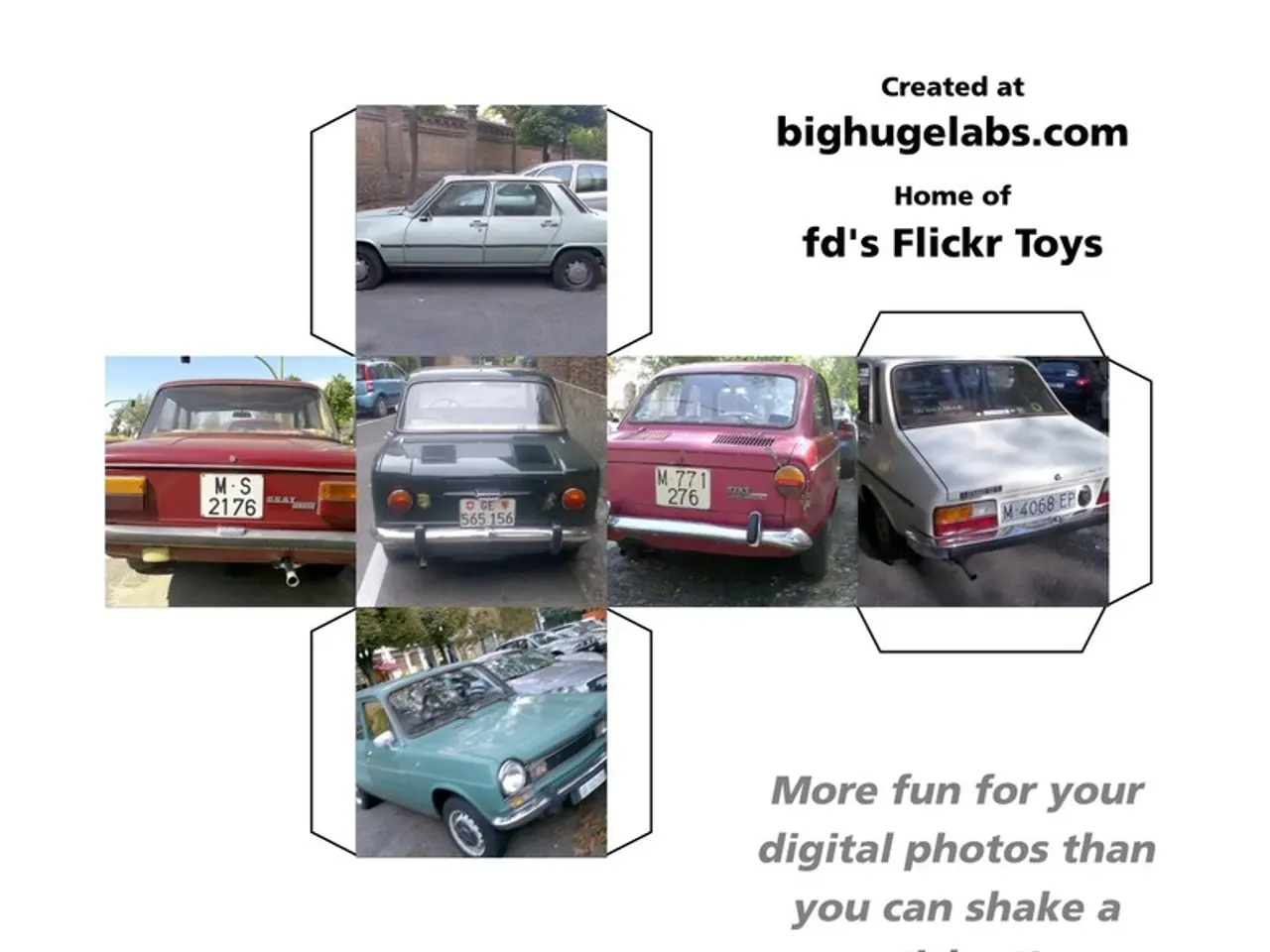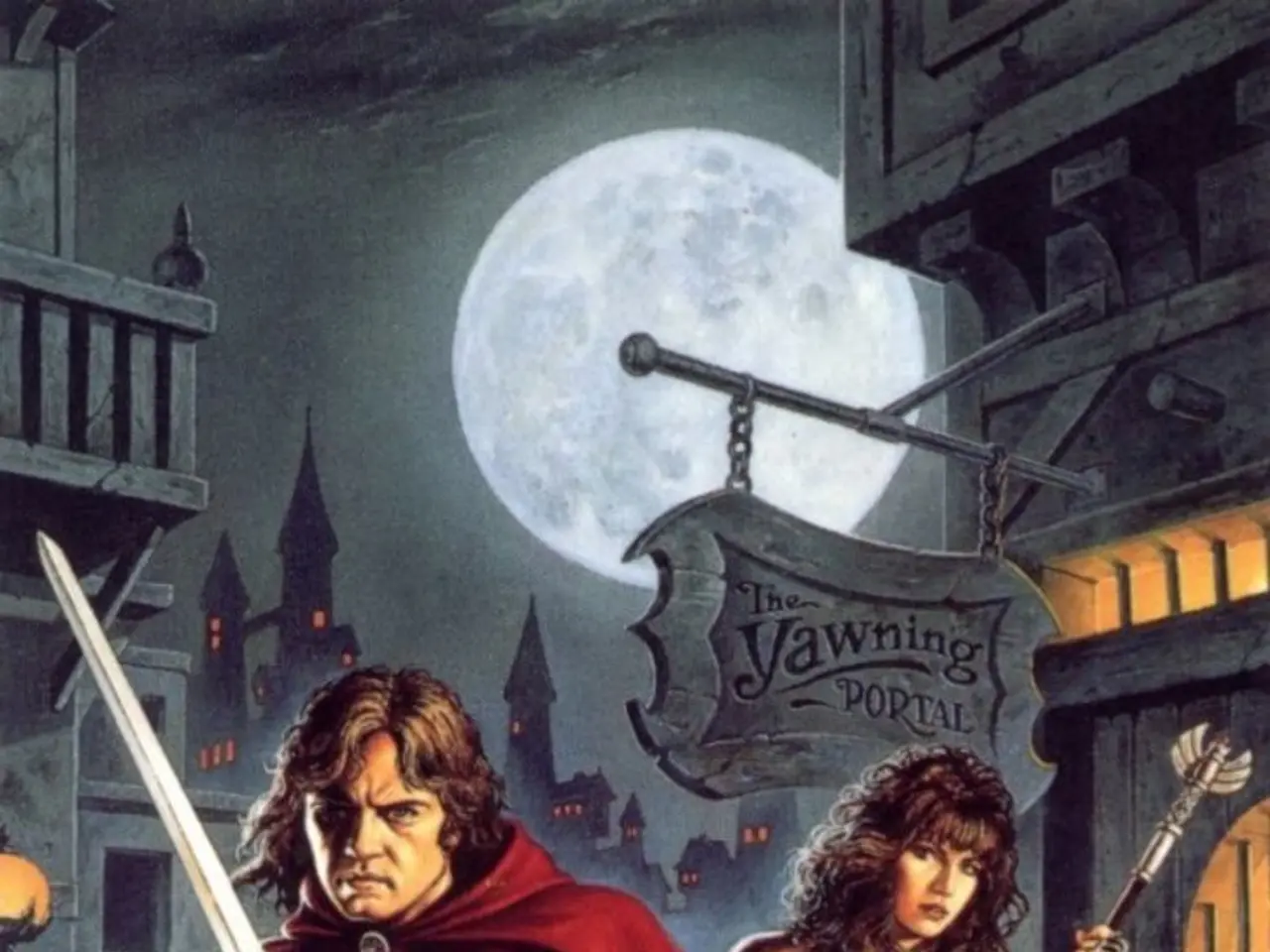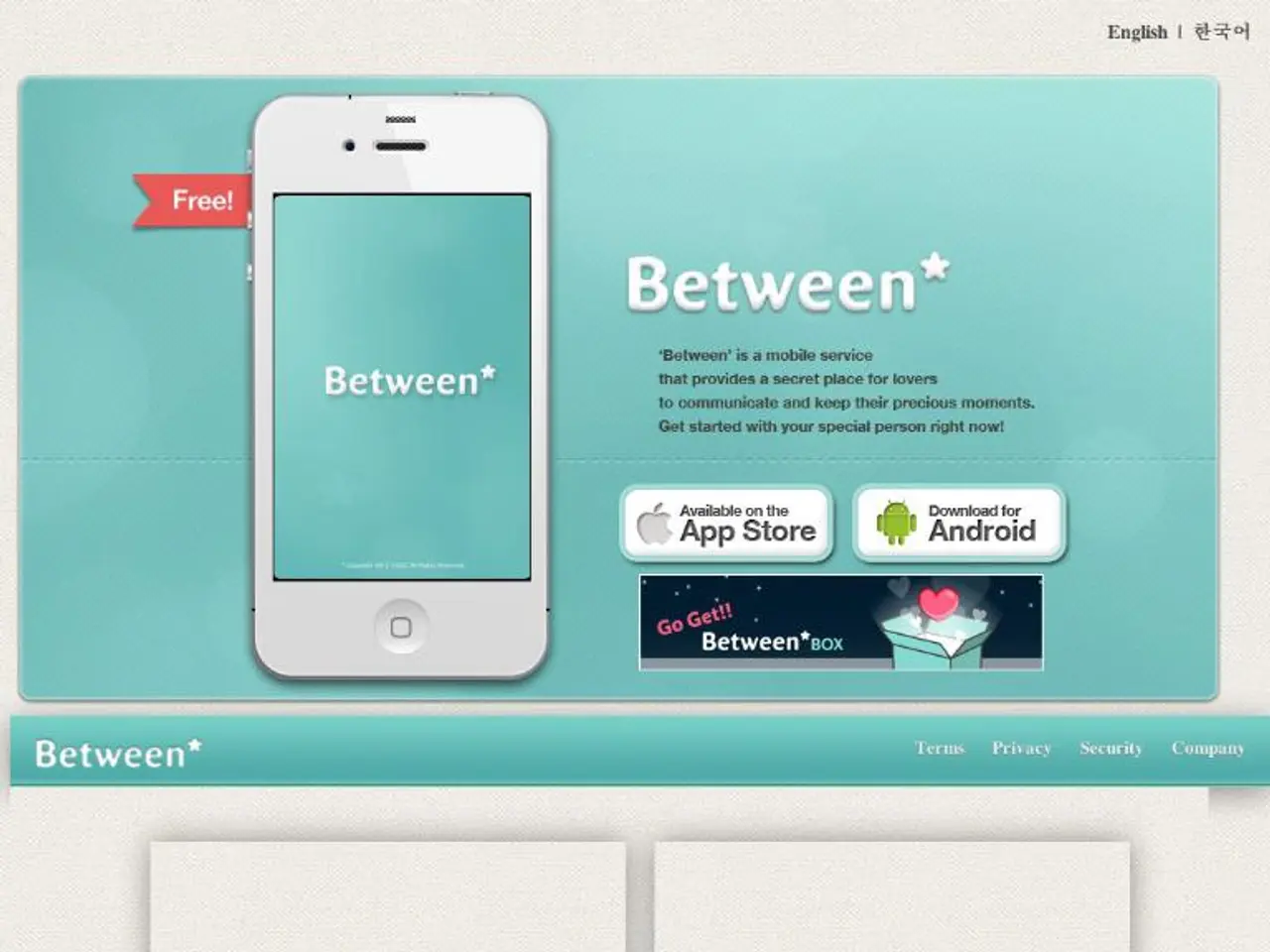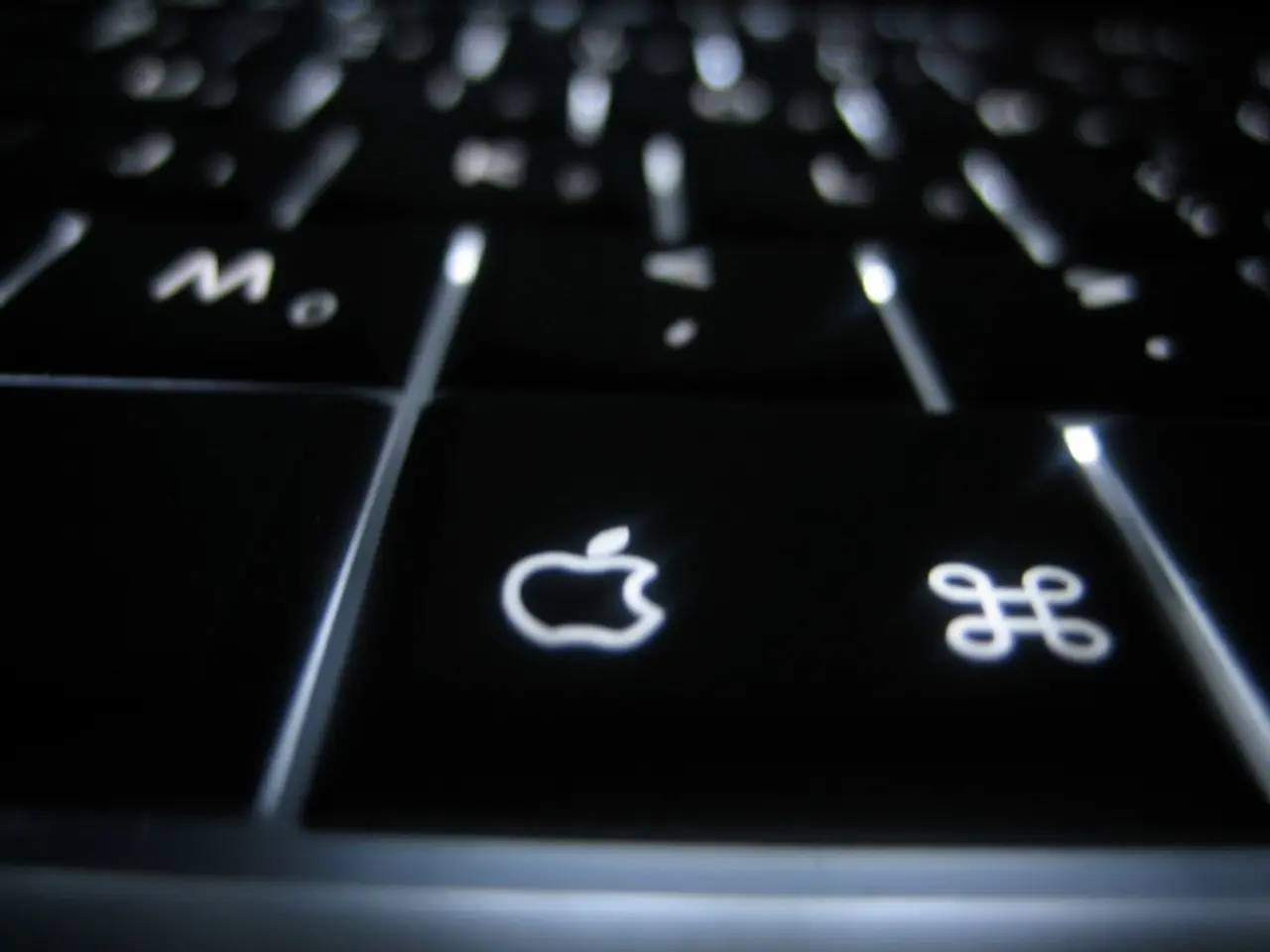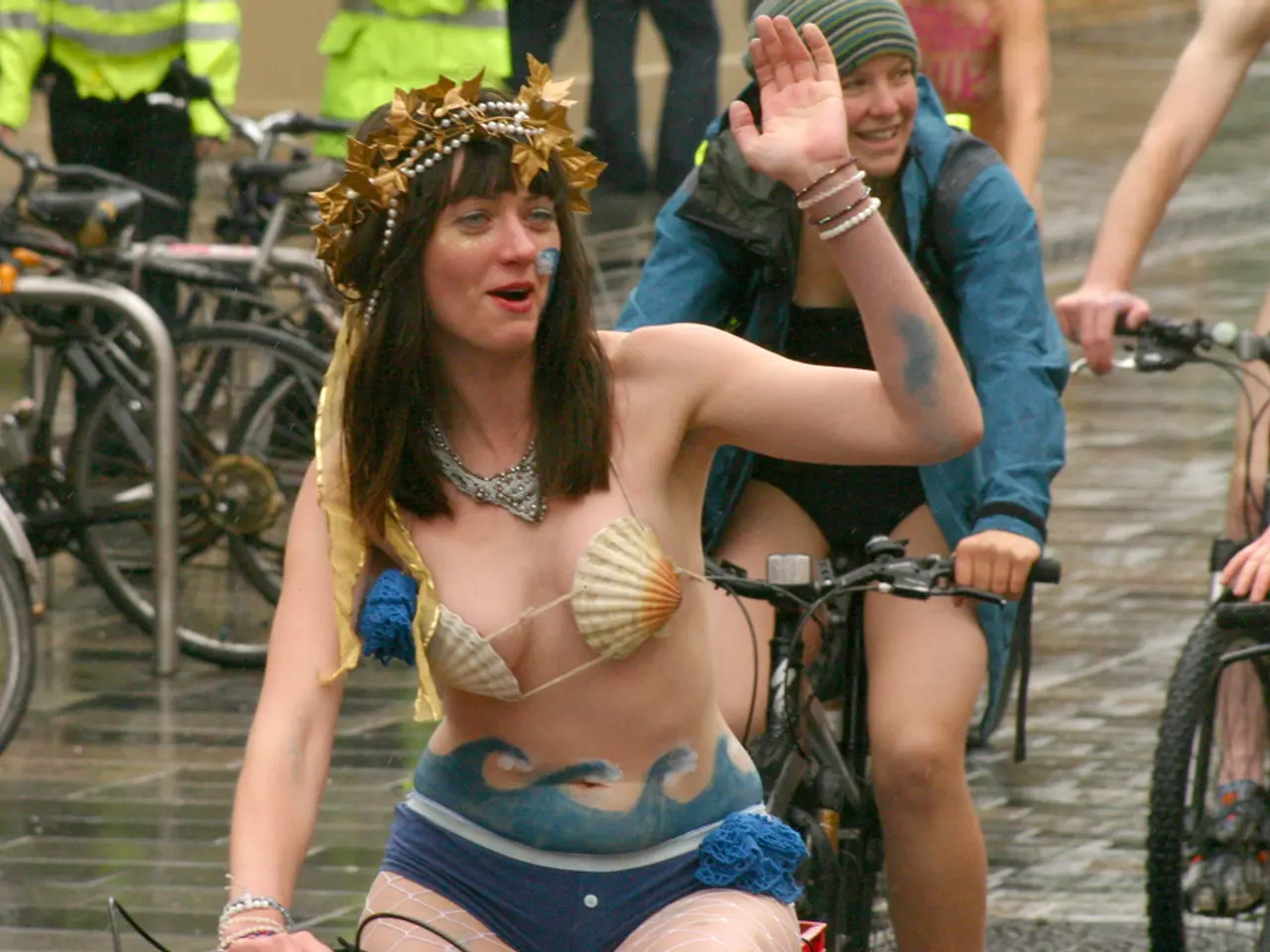Jurors in Florida levy considerable penalties against Tesla following an Autopilot accident
Tesla Partially Held Responsible in Florida Car Crash Lawsuit
Tesla has faced legal and safety scrutiny over its Autopilot system, with the company being held partially liable in a wrongful death case that took place in Key Largo, Florida, in 2019. The lawsuit, which awarded over $300 million in damages, highlighted concerns about the system's design and the absence of appropriate geofencing to prevent misuse or operation in unsafe locations.
The crash, involving a Tesla Model S, resulted in the death of Naibel Benavides and serious injuries to Dillon Angulo. The jury found that the driver, George McGee, was two-thirds responsible for the crash, while Tesla was one-third responsible.
Tesla plans to appeal the verdict, citing substantial errors of law and irregularities at trial. The company maintains that McGee was solely at fault for the crash because he was speeding, had his foot on the accelerator, and was not looking at the road.
However, the plaintiffs argued that Tesla had oversold the capabilities of its Autopilot software and made a wrong decision not to geo-lock it for use only on freeways. An expert witness, Alan Moore, an accident reconstruction specialist for the plaintiffs, testified that McGee had nine strikeouts in three hours just five days before the accident.
Mary Louise "Missy" Cummings, a former National Highway Traffic Safety Administration senior safety advisor, testified that Tesla's Autopilot is defective because it is used on roads for which it was not designed. Cummings also testified that Tesla knowingly allowed the car to be operated in operational domains for which it was not designed as a way to sell more cars.
Tesla has since implemented changes to its Autopilot system. In a December 2023 recall and accompanying over-the-air software update, the company changed the strikeout system so that when drivers receive three or five strikeouts (depending on the vehicle's configuration), Autopilot and Full Self-Driving (Supervised) features will be suspended for one week.
The crash was not about Autopilot, according to Tesla, but a fiction concocted by plaintiffs' lawyers blaming the car when the driver admitted and accepted responsibility. McGee claimed he was trying to retrieve a mobile phone when the crash occurred.
Brett Schreiber of Singleton Schreiber, lead attorney for the plaintiffs, stated that Tesla's actions put everyday Americans in harm's way. The verdict represents justice for Benavides' tragic death and Angulo's lifelong injuries, holding Tesla and Elon Musk accountable for their actions.
The controversy over Tesla's Autopilot and geo-locking involves critical legal and safety concerns about system limitations, driver distraction, and the absence of geofencing, leading to partial liability in fatal crashes and debates on Tesla's responsibility to prevent unsafe usage of Autopilot technology. The ongoing litigation will likely influence how autonomous driving features are legally regulated and deployed in the future.
- The software known as Autopilot, integrated into Tesla's vehicles, has been a subject of contention due to concerns about its design and the absence of geofencing, as highlighted in a Florida car crash lawsuit.
- The technology industry, particularly automotive and general-news outlets, has closely followed the Tesla Autopilot controversy, focusing on system limitations, driver distraction, and geofencing issues.
- In the aftermath of a Florida car crash involving a Tesla Model S, concerns regarding the use of Autopilot software on mobile devices also emerged, as evidenced by the claim that the driver was attempting to retrieve a phone at the time of the accident.
- The technology giant Tesla has faced criticism in the finance and crime-and-justice sectors regarding its responsibility in accidents involving its autonomous driving features, with the Florida car crash being a notable example of partial liability.
- The transportation industry is monitoring the ongoing legal debates over Tesla's Autopilot system and geo-locking, as the outcome could impact the regulations and deployment of autonomous driving features in the future.
- The controversy surrounding Tesla's Autopilot technology extends beyond the automotive industry, with concerns about technology overselling capabilities, driver distraction, and unsafe usage leading to accidents, criminal proceedings, and debates on company responsibility.
